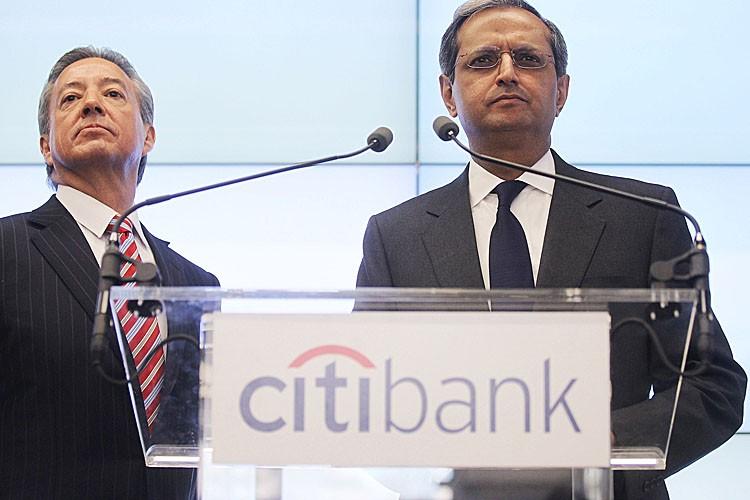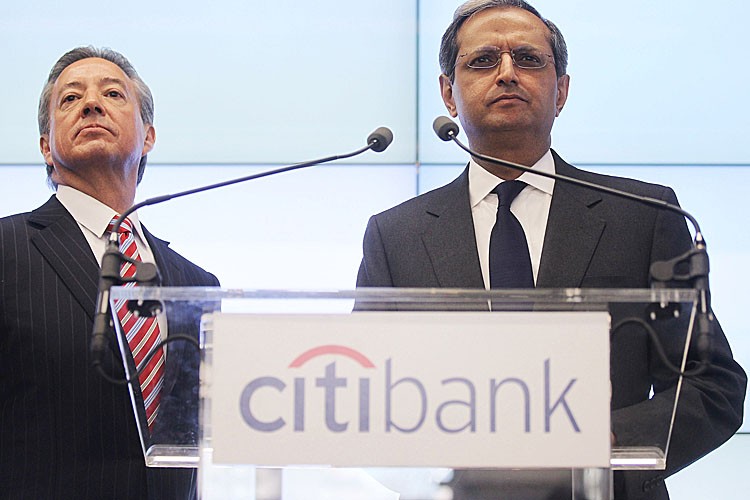Stocks at the Mercy of Eurozone, US Debt Talks
The U.S. stock market could be heading into a critical juncture this week as stocks could be hard pressed to halt their recent losing streak unless investors see progress in the political jousting in Washington as the U.S. debt ceiling deadline approaches.
|Updated:





